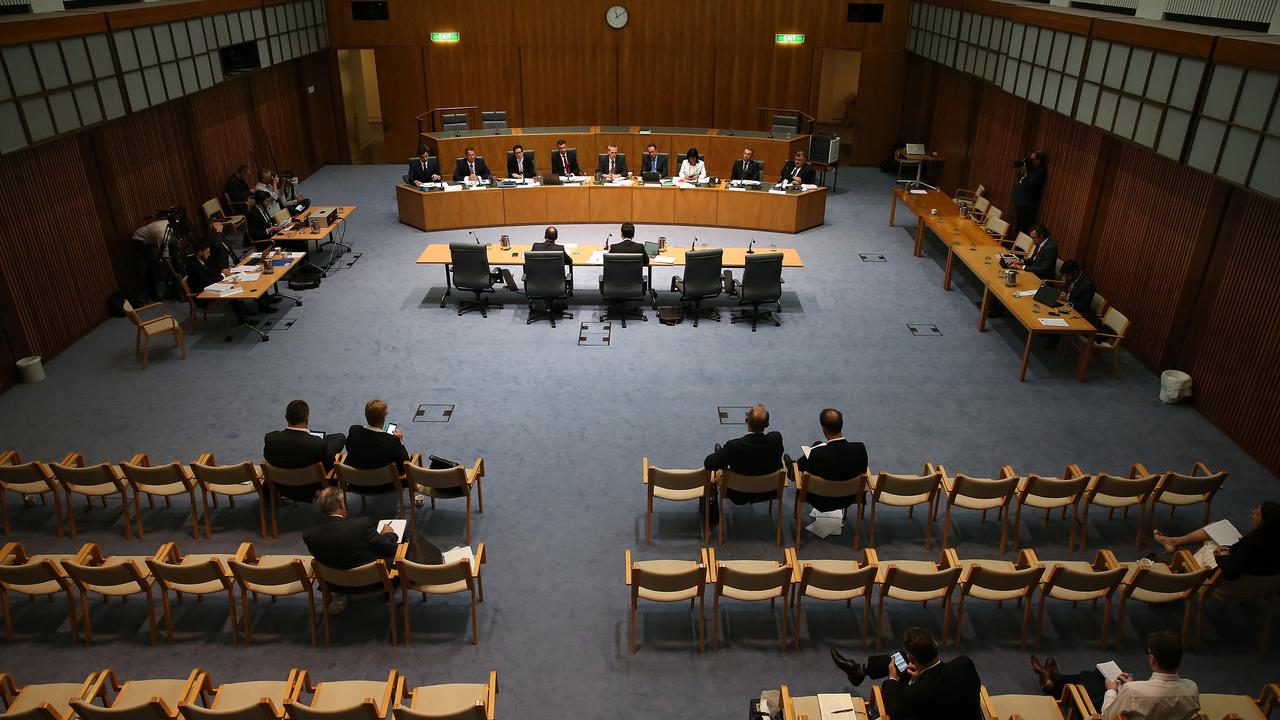Turkish tensions will test Merkel’s mettle
As the German Chancellor stares down a domestic backlash, Turkey is as a key front in her battle for control of Europe’s refugee policy.

It’s Merkel, of course, who is not only spearheading Germany’s relatively open-door policy, but pushing an EU solution that has congealed with a deal to resettle half a million Syrian refugees, despite resistance from Hungary, Slovakia, the Czech Republic and Poland.
But the terrain for Merkel’s battle is not only Cologne, Germany or the European area. It’s also Turkey, the stepping stone for over 5,000 refugees into the EU in the first three days of 2016, despite frigid winter weather, according to the International Organisation for Immigration.
In Germany, calls for Merkel’s resignation over the New Year’s Eve attacks that police have attributed largely to foreigners — and the revelation that one of the individuals involved in the Paris attack lived in a German asylum centre — are not centred only on the immediate events, but fear of losing control of the nation’s future path.
“It seems as though the time has come for a broad debate over Germany’s future — and Merkel’s mantra ‘We can do it’, is no longer enough to suppress it,” Der Speigel’s headline editorial read.
With Syria’s situation acutely desperate, Turkey is in many respects a major barometer for that future.
The temperature can be taken at Ankara’s Grand National Assembly, less than 600km from the border with Greece and Bulgaria, where Frontex border control resources are planned to double by 2020 and across the Bosphorus where giant gulls ignore falling snow to wheel in an expansive sky.
Europe’s November deal with the Assembly, to which Merkel’s efforts were pivotal, saw Turkey promise to spend a large chunk of the EU’s initial 3 million euro in assistance payment on incentivising migrants to stay in the country with housing, training and integration measures, as well as tighter border controls.
Now, amid further pressure from Europe, Turkey has begun to issue Syrian refugees with work permits in order to encourage fewer to migrate into the EU.
In return, an official new chapter in discussion of Turkey’s long-stalled EU membership bid was opened. That brings the total to fifteen chapters of a required 35, since talks began in 2005, on topics ranging from banking and finance to transport and energy policy. But only one chapter has yet been completed.
Within Turkey, however, there is widespread lack of confidence in the European Union’s position.
“The European Union is changing so much — look at Romania, look at England,” is one prominent refrain. “It feels like as soon as we find the answers to their questions, they will change the question.”
Meanwhile, Turkey’s Syrian community is its own barometer of local politics.
In Istanbul’s infamously crowded Istiklal shopping street on Saturday, around 100 well-organised Syrian demonstrators held a silent vigil featuring images of starvation-wracked bodies, altered UN logos and metal spoons, drawing attention to the plight of Madaya, whose 40,000 residents are in dire want of food.
One Arabic banner called for animal welfare groups to help Madaya’s cats and dogs, inferring human lives were less valued internationally.
The demonstrators’ numbers were near matched by police equipped with riot gear and water cannon, whose presence ensured only a brief burst of noisy chanting before the group voluntarily dispersed.
That in itself was a reminder of how far Turkey’s political environment remains from the EU.
Attitudes to human rights and freedom of expression in Turkey — where 33 journalists are now jailed and 1000 have been fired in recent months, with media companies facing hefty fines that can threaten solvency — are gapingly different to values in the EU at large.
“Turkey is so different from 20 years ago — we were so much more European and western then,” is an oft-heard sentiment.
Whether accurately or not, some segments of Turkish society draw a line between the current gulf from Europe and the influx of economic and other migrants from the Middle East over those decades.
It’s not hard to see how that attitude could hamper refugee integration in a country where the 2015 unemployment rate was announced overnight at 10.2 per cent. By 2018 it is projected to remain at 9.6 per cent, according to Deputy Prime Minister Mehmet Simsek.
As with Europe, Turkey has no shortage of social and economic complications around the 2.2 million refugees it now houses alongside its population of around 75 million.
Those will all feed into Merkel’s future in tandem with Germany’s local events.




ISTANBUL — Without Angela Merkel as German Chancellor, Europe’s refugee policy would be tangibly different. That possibility is not yet indicated in polling sentiment, but is under focus with Germany’s immigration debate increasingly raw to the point that local media warns it could change the country.